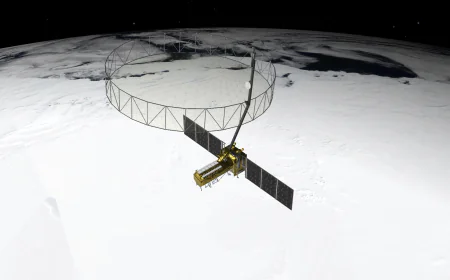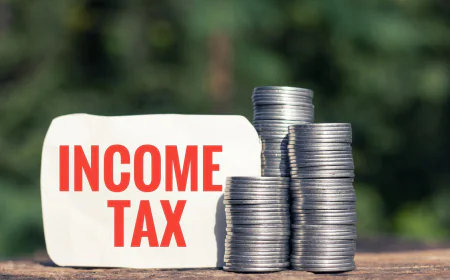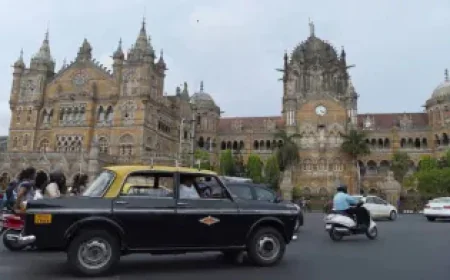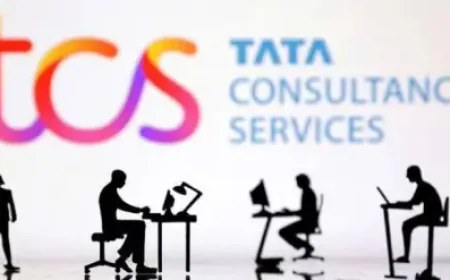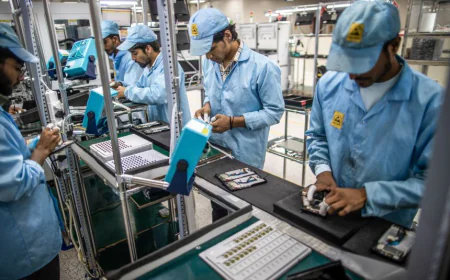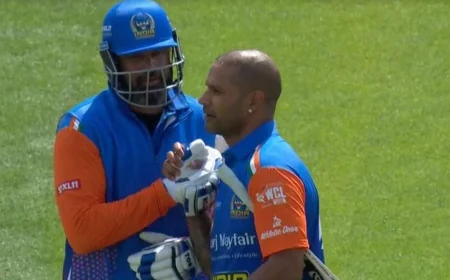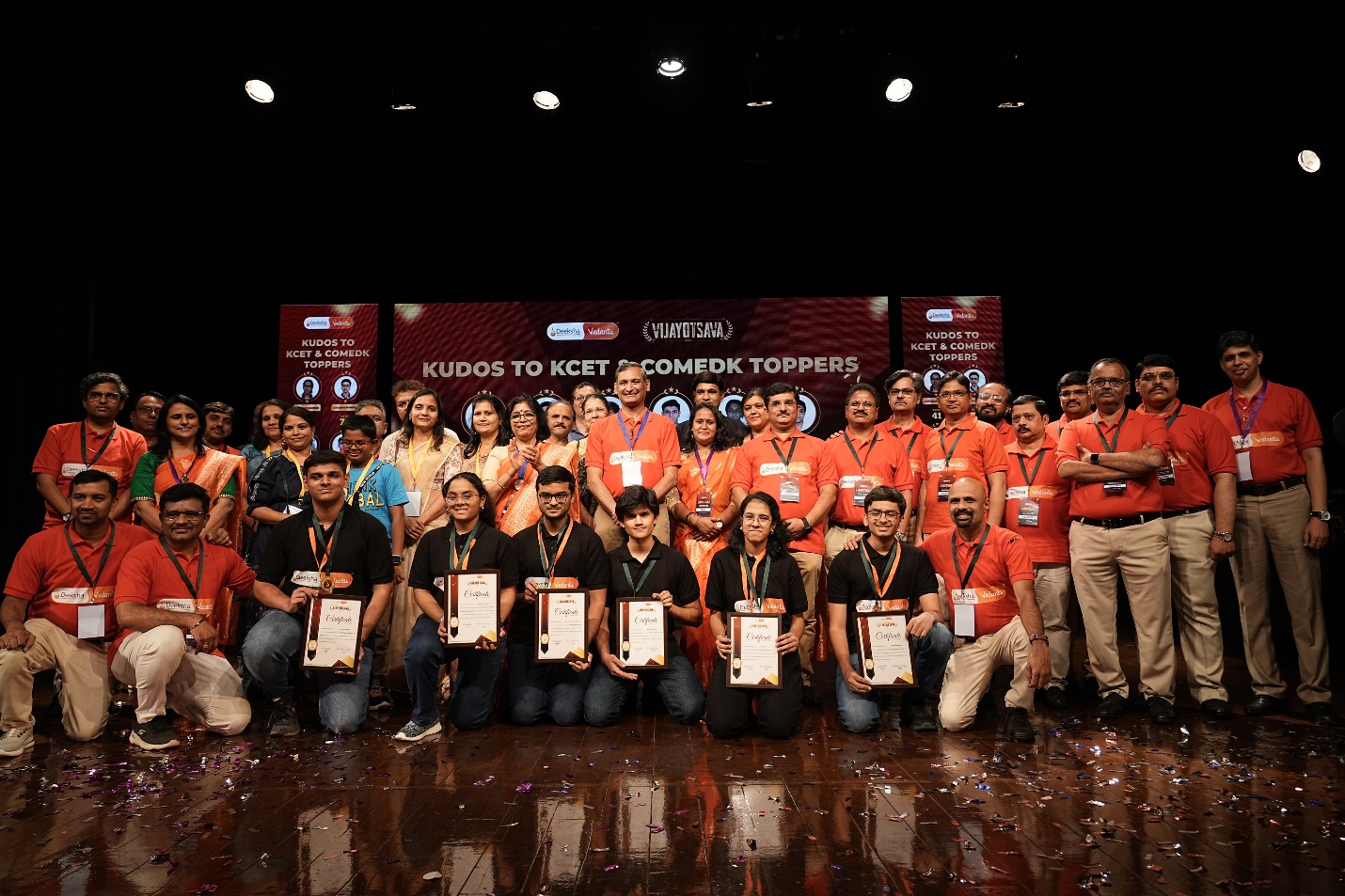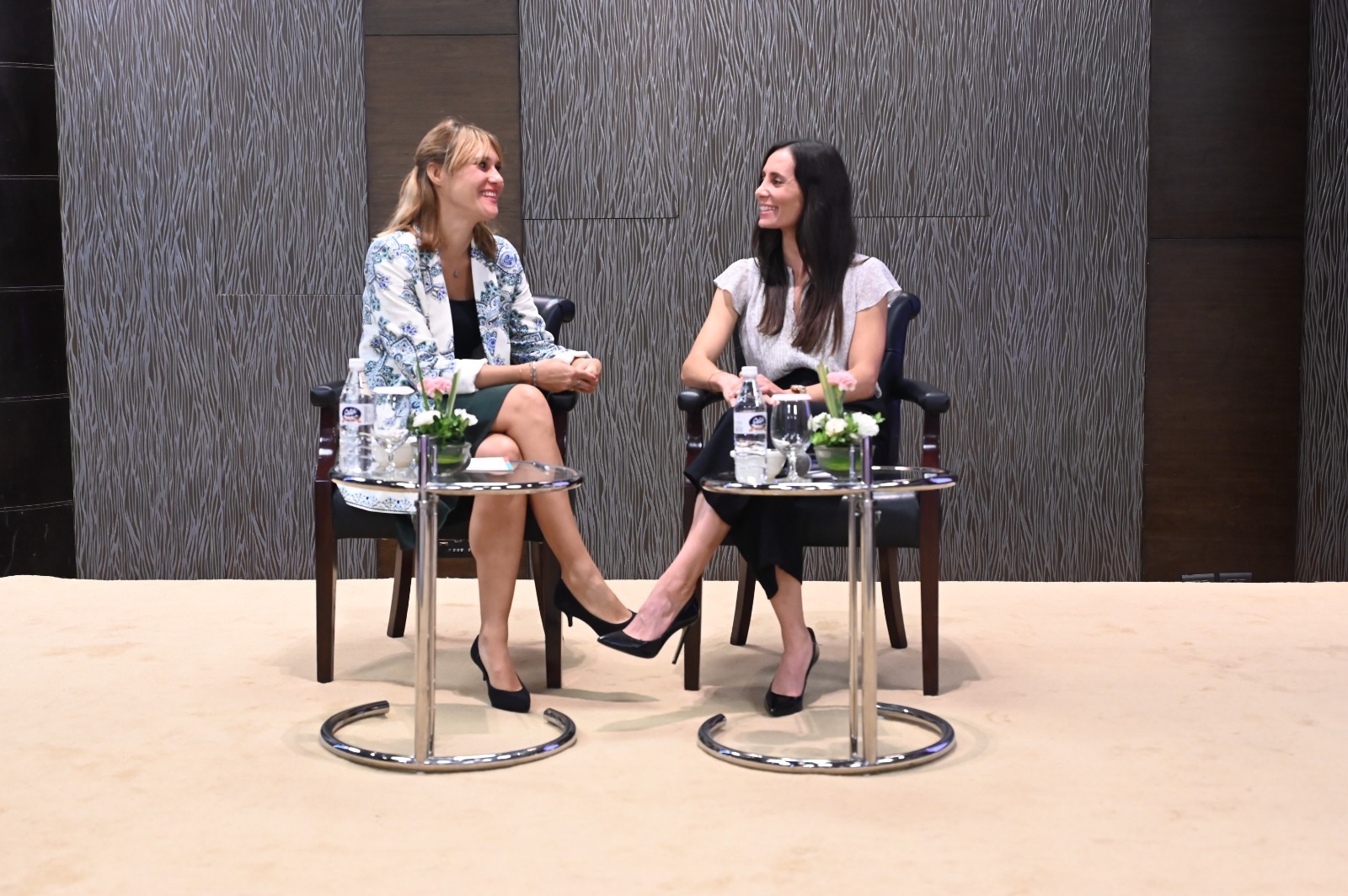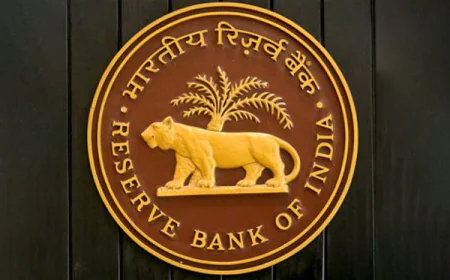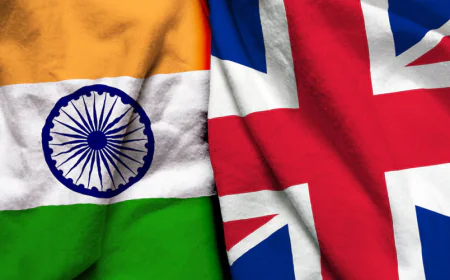Government defended the tariff amid Trump's threats, the minister said - we want to protect domestic industries
Tariff: The Union Minister has said in the Lok Sabha that India is a member of the World Trade Organization and is bound by its maximum tariff that can be imposed on any item. He said that the tariffs we impose are generally less than the maximum tariff fixed for any item. Let's know what the minister said next.
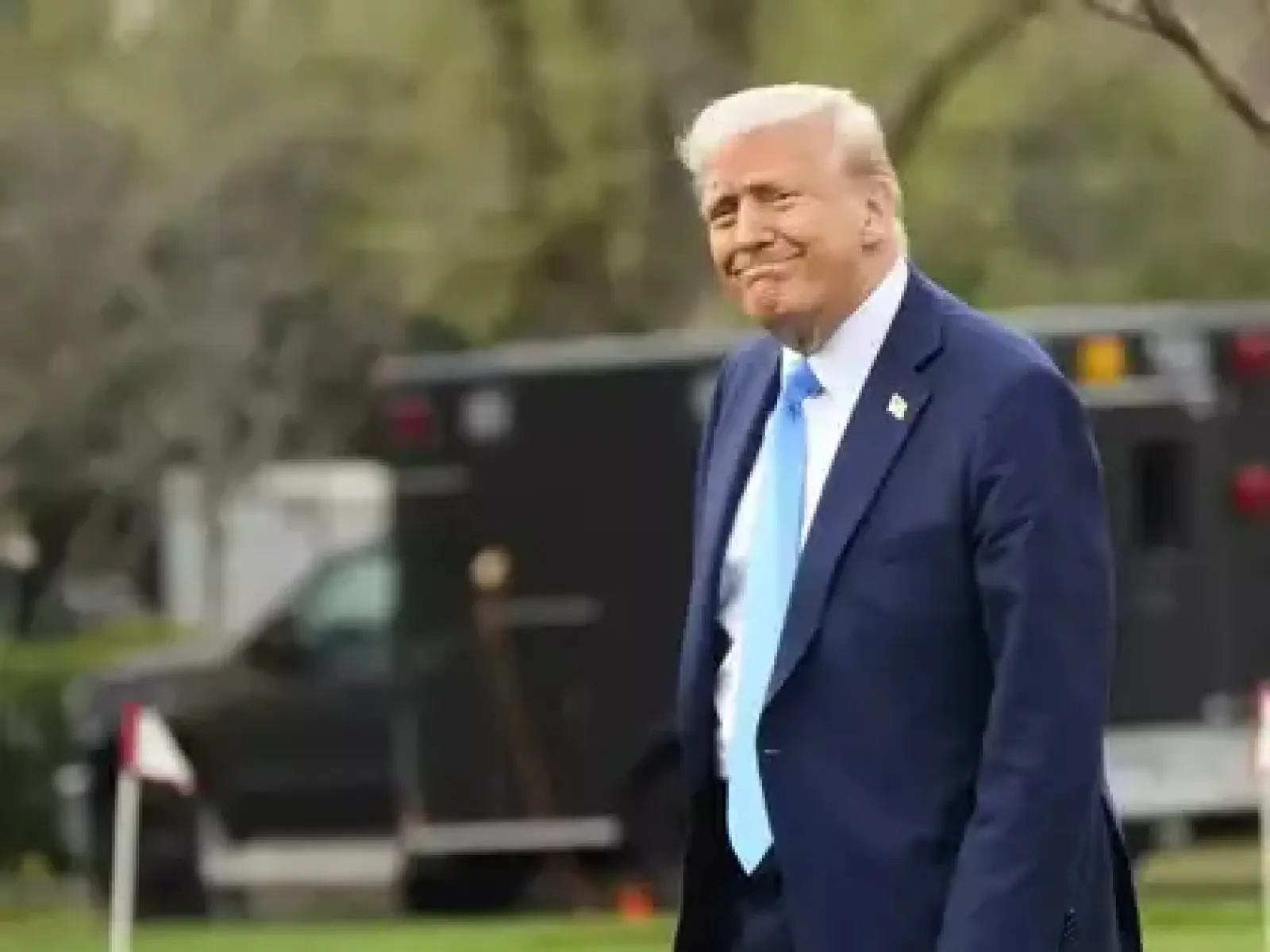
The Indian tariff policy aims to regulate trade, protect domestic industry, and collect revenue in the form of duties on imported and exported goods, Union Minister Jitin Prasad said in the Lok Sabha on Tuesday.
Union Minister of State for Commerce and Industry Prasad said that the government is aware of the recent statements made by the NITI Aayog regarding tariffs and their impact on India's economic growth. Prasad said during Question Hour that the statement of the NITI Aayog is in line with India's comprehensive strategy to achieve economic growth and make India a more attractive player in the global economy.
The minister was asked whether the government was aware of Niti Aayog's recent statement that tariff protection does not benefit India and that reducing tariffs is necessary for economic growth. Prasad said India's tariff policy aims to regulate trade, protect domestic industries, and generate revenue through taxes on imported and exported goods.
"Recent reforms have focused on streamlining the tariff structure and facilitating trade," he said.
The minister said India is a member of the World Trade Organisation and is bound by its maximum tariff that can be applied on any commodity line. The tariffs are generally lower than the maximum tariff fixed for any commodity.
He said India is moving towards more and more free trade agreements in the changing trade scenario. The minister informed that customs and non-tariff barriers on substantial trade between PTA/FTA members will be reduced or eliminated.
India is currently a member of 13 FTAs and nine PTAs, besides having ongoing trade negotiations with the European Union, the United States, the United Kingdom, Oman, New Zealand and Peru. Reducing tariffs helps, especially on inputs and mid-priced items.
To make manufacturers more competitive, a balanced approach is adopted while deciding on tariff measures, balancing the interests of domestic producers and consumers. The minister said the government has initiated comprehensive tariff reforms to improve the duty structure.
The minister informed that by March 2025, India has eliminated import duty on 35 items required for EV battery production and 28 items for mobile phone manufacturing. "The move is aimed at boosting local production and enhancing export competitiveness in these sectors. Similarly, reduction in import duty on critical minerals is likely to bring investments in the sector," he said.
